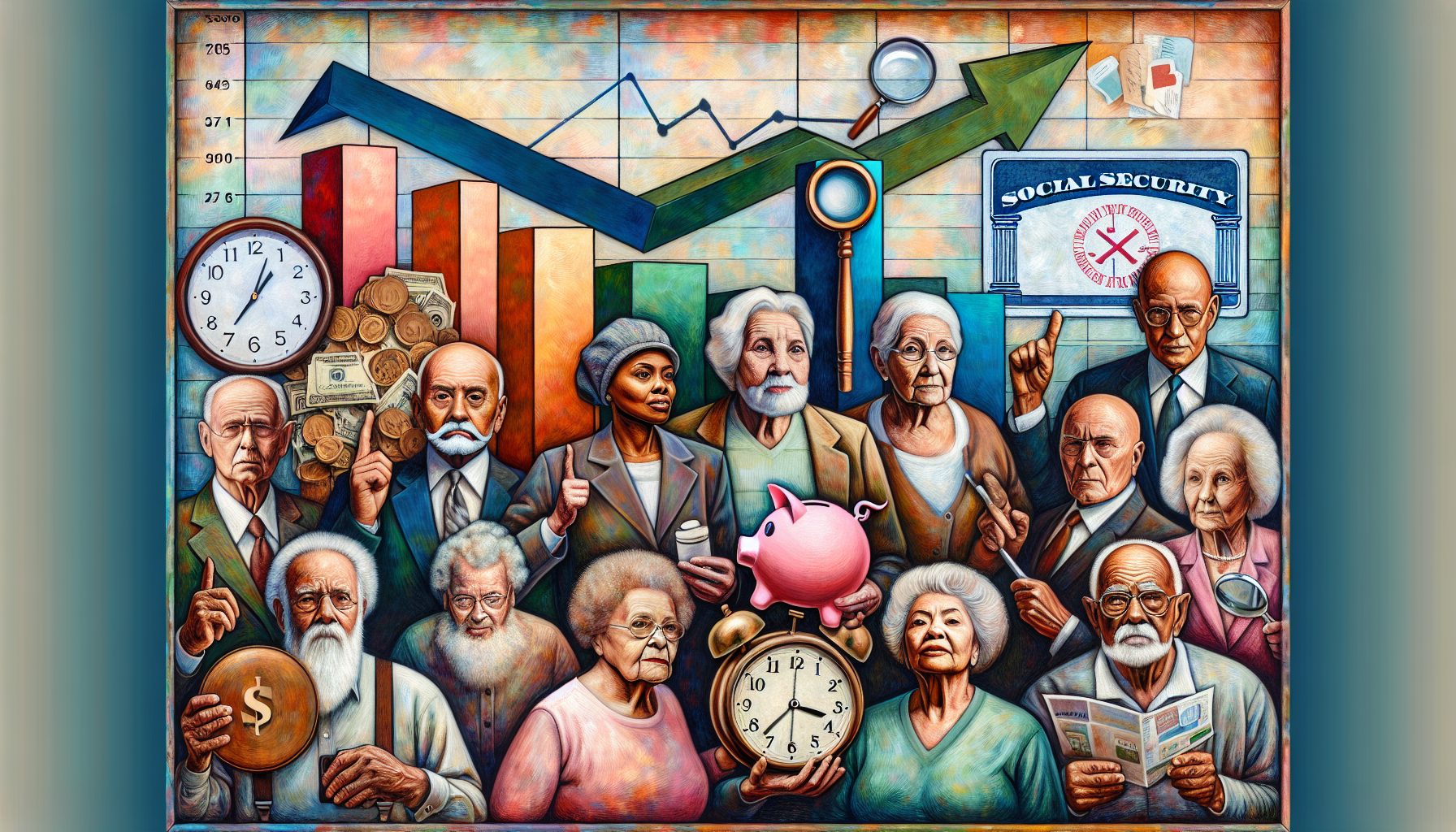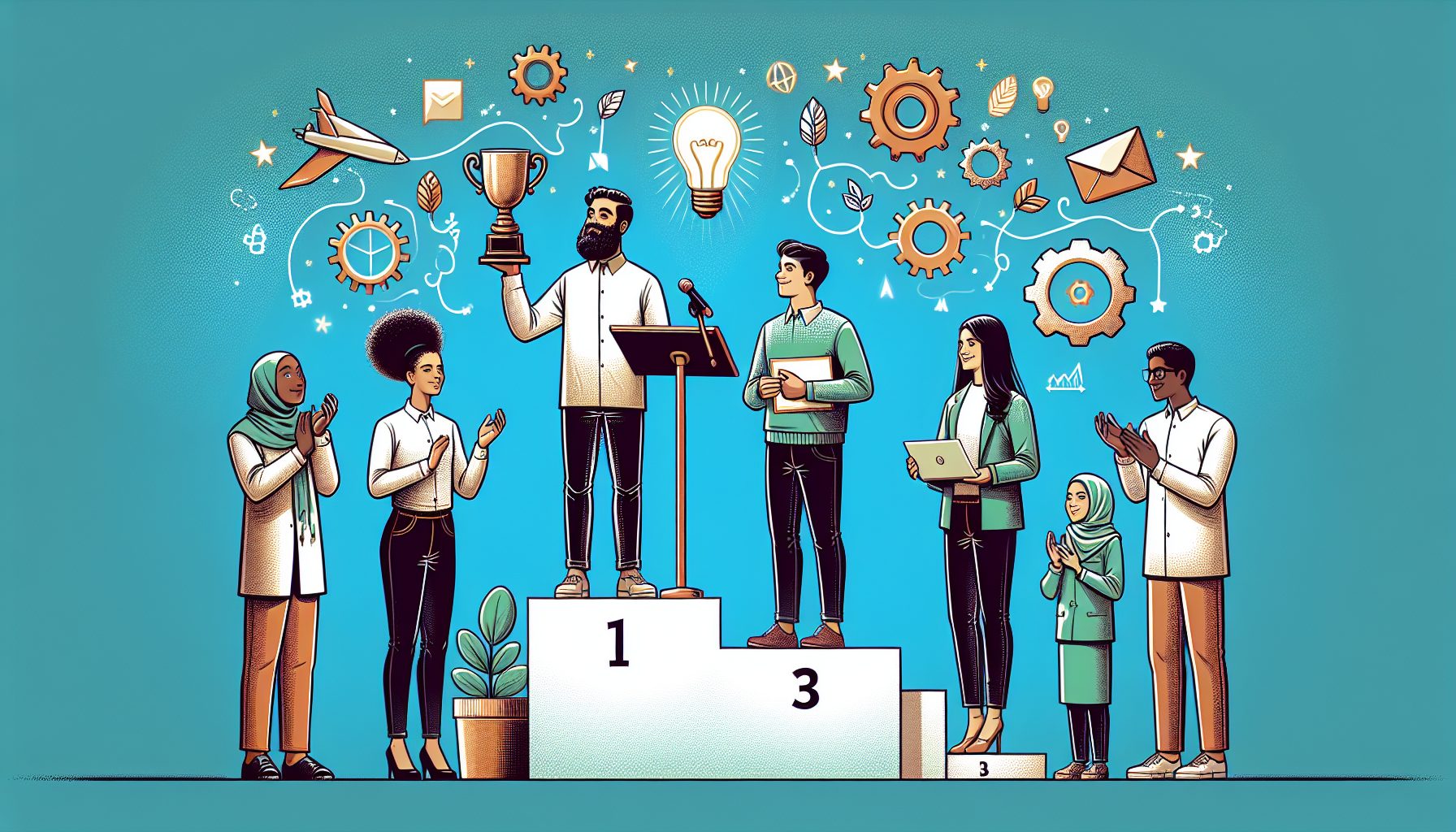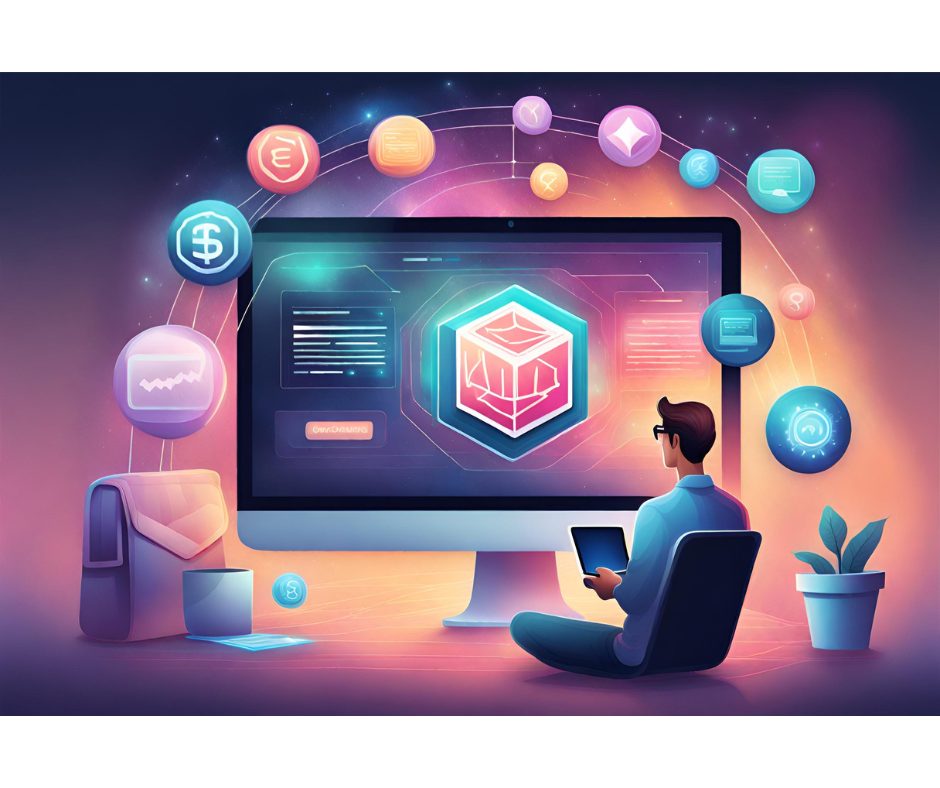For most business and IT executives, today’s furious rate of technology change represents both opportunities and challenges. However, at the center of everything is an issue that many struggle with: keeping up with bold innovations and noteworthy technology developments.
The nonprofit Partnership for New York City has taken aim at this issue. In conjunction with consulting firm Accenture and a group of more than 30 financial institutions—including industry heavyweights such as Ally Financial, Bank of America, Barclays, Capital One. Citi, Credit Suisse, Morgan Stanley and New York Life—it has established an open innovation framework designed to generate economic gains for the region.
Since 1996, the partnership has played a key role in promoting economic development and job creation, with a fund that is now more than $150 million. However, since 2010, the group has also operated a FinTech Innovation Lab that connects tech startups with tech experts and venture capitalists.
Among other things, the lab offers a “Demo Day” and a 12-week mentorship program that can help an entrepreneur or startup develop ideas, become profitable, and establish connections with established financial institutions that can lead to partnerships and acquisitions.
The Partnership for New York City reports that the program has so far created 1,010 jobs and raised upward of $645 million in venture capital. What’s more, the success of the program has led to additional innovation labs in Hong Kong, London and Dublin.
Turning Ideas Into Viable Products
“There are many entrepreneurs and small startup firms that have new and intriguing technology ideas,” says Maria Gotsch, president and CEO of the Partnership Fund for New York. “The goal is to accelerate the process and produce benefits for everyone.”
“The program offers a very specific lens to help these small companies with promising technologies solve business and finance problems within a very short time period,” adds Bob Gach, managing director at Accenture.
Overall, the program has produced 143 alumni since its inception. “In many cases, these startups have really cool technologies, but they don’t necessarily know how to get an idea or product to market,” Gotsch explains. These technologies include apps, biometrics systems, blockchain solutions, database search tools, software for identity management and recruiting, and the use of artificial intelligence for fraud detection.
Among the companies sold on the concept is Ally Financial, formerly GMAC. The firm’s CIO, Michael Baresich, says that the FinTech program creates “a very interesting ecosystem in which sizable money-center banks [very large institutions that deal in national and international financial markets] and other institutions have an opportunity to view presentations and make evaluations on a number of young companies.” This, he says, delivers ideas and insights that might otherwise fly below the organizational radar.
In fact, Baresich says that the program can serve as a “force multiplier” that allows a company to cycle through dozens of concepts and experiments in the time that others can examine only one or two concepts. “It complements the internal experimentation we do,” he adds. Ally Financial also participates in other open innovation programs, including an accelerator in Charlotte, N.C., and another in Silicon Valley.
“The program delivers numerous benefits,” concludes Accenture’s Gach. “It helps both entrepreneurs and established companies address pain points. It helps everyone address unique business issues, and, in the context of today’s digital business environment, achieve gains that might otherwise not be possible.”









